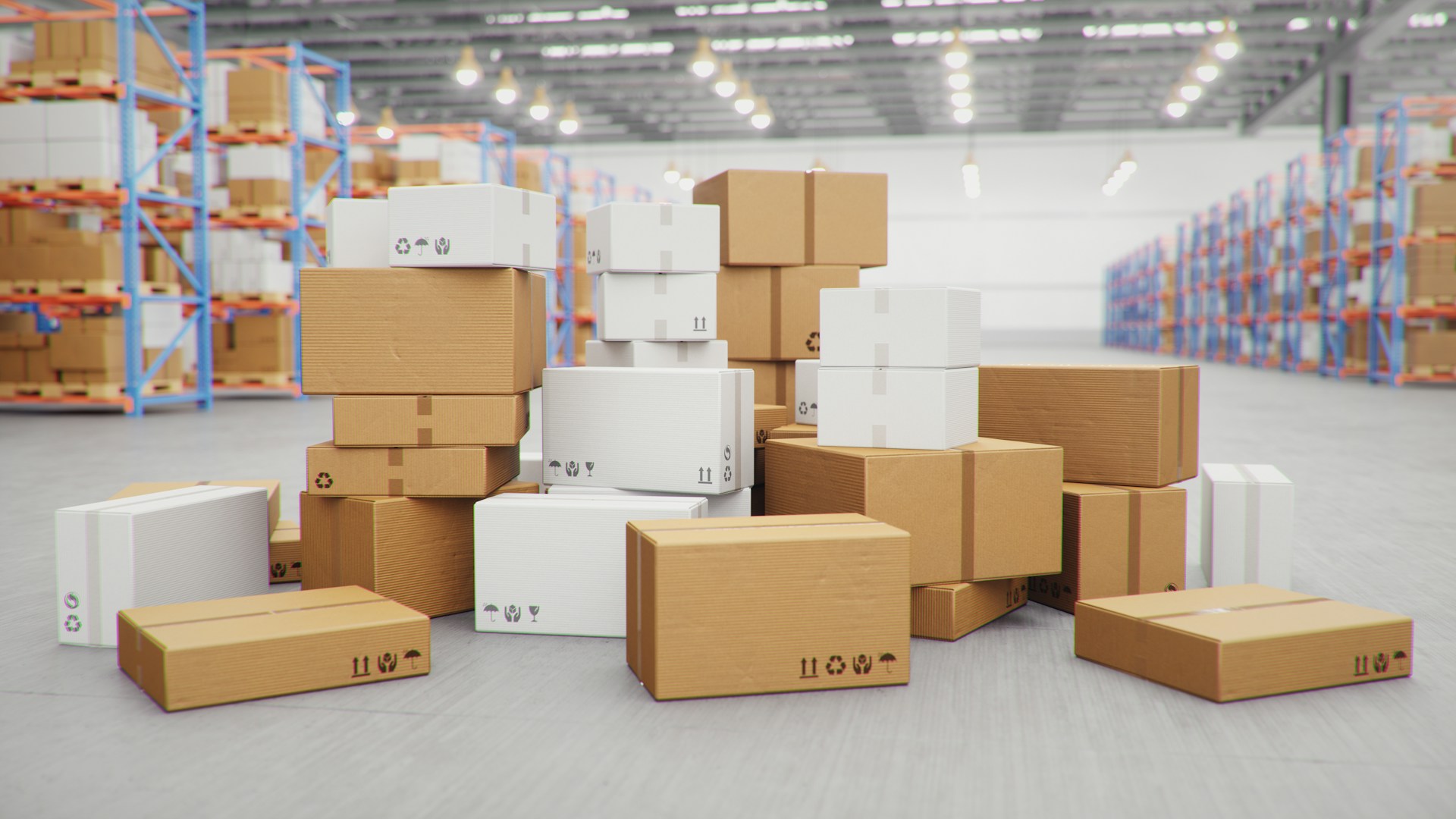
In today’s global marketplace, supply chains are the backbone of commerce. As businesses strive for greater efficiency, resilience, and sustainability, innovations in supply chain management have become essential. From integrating artificial intelligence to using blockchain and intelligent automation, these advancements are not just enhancing logistics—they are redefining how products move from origin to end consumer.
The Role of AI in Streamlining Operations
One of the most transformative innovations in supply chain management is artificial intelligence (AI). AI enables supply chains to make predictive decisions using real-time data. For instance, machine learning algorithms can forecast demand more accurately, allowing businesses to optimize inventory levels and reduce waste.
Additionally, AI helps optimize delivery routes, ensuring timely shipments and cost savings. By leveraging natural language processing, chatbots improve customer service by providing instant updates on orders and deliveries. These innovative systems are now integral to efficient, data-driven supply chains.
Blockchain for Transparency and Trust
Blockchain technology is emerging as a game changer in the supply chain world. With its decentralized ledger system, blockchain ensures transparency across the supply chain. Every transaction—from sourcing raw materials to the final product delivery—is recorded and can be verified.
This level of visibility helps reduce fraud, improve traceability, and strengthen compliance with regulatory standards. In industries like pharmaceuticals and food, where safety and authenticity are paramount, blockchain has proved invaluable. It also boosts consumer trust, as consumers can track real-time product journeys.
Automation and Robotics: Enhancing Speed and Precision
Intelligent automation is revolutionizing warehousing and logistics. Automated guided vehicles (AGVs), robotic arms, and autonomous drones are now used to manage goods with greater accuracy and speed. These tools minimize human error and reduce labor costs.
For example, robots in distribution centers can sort packages faster than manual workers, while autonomous trucks are piloted to transport goods across long distances. This integration of robotics improves safety and productivity, especially during periods of high demand.
Data Analytics and Supply Chain Intelligence
Another critical advancement in supply chain management is advanced data analytics. By collecting and analyzing large volumes of supply chain data, businesses can identify inefficiencies, manage risks, and forecast future trends.
Companies now use real-time dashboards to track performance metrics like delivery timelines, inventory turnover, and supplier reliability. This visibility allows for proactive decision-making and a more agile response to disruptions such as natural disasters or geopolitical tensions.
Sustainability Through Green Innovations
Sustainability is no longer optional—it’s a competitive advantage. Innovations in supply chain management are helping companies meet their environmental, social, and governance (ESG) goals. Electric delivery vehicles, biodegradable packaging, and carbon-tracking systems are becoming more common in logistics.
Additionally, innovative sourcing strategies—like choosing local or sustainable suppliers—help reduce carbon footprints. Circular supply chains emphasizing recycling and reuse are gaining popularity, promoting long-term environmental responsibility while cutting costs.
Cloud-Based Collaboration and Visibility
Cloud platforms facilitate seamless collaboration among supply chain stakeholders. By storing and sharing data in real-time, cloud-based systems allow for more coordinated efforts between manufacturers, distributors, and retailers.
This connectivity enhances decision-making and speeds up issue resolution. Cloud tools also offer scalable solutions that can grow with the business, making them particularly valuable for companies undergoing digital transformation.
Cybersecurity and Risk Mitigation
With digital integration comes the need for robust cybersecurity. Protecting supply chain data from breaches and cyberattacks is critical. Businesses now invest in end-to-end encryption, secure authentication, and continuous monitoring systems.
These efforts ensure that sensitive information—such as supplier contracts, pricing details, and customer data—is safeguarded. As supply chains become more connected, security must evolve to prevent disruptions and protect the company’s reputation.
Real-Time Tracking and IoT Integration
The Internet of Things (IoT) is revolutionizing supply chain visibility. Smart sensors placed on products, vehicles, and equipment provide real-time updates on location, temperature, humidity, and more. This technology is vital for transporting sensitive goods like perishable foods or pharmaceuticals.
Real-time tracking improves accountability and reduces the risk of loss or damage. It also empowers companies to respond quickly to delays or issues, improving overall service and customer satisfaction.
Training and Talent for a Tech-Driven Future
As new technologies reshape the supply chain landscape, the demand for skilled professionals is growing. Organizations must invest in training and upskilling their workforce to work effectively with AI, robotics, and analytics tools.
Educational institutions and businesses are partnering to create programs that equip supply chain professionals with digital skills. Building this talent pipeline ensures long-term competitiveness and supports successful innovation implementation.
Adapting to Consumer Expectations
Modern consumers expect fast, transparent, and sustainable delivery experiences. Innovations in supply chain management play a crucial role in meeting these demands. Businesses that embrace agility, automation, and transparency are more likely to maintain customer loyalty.
Customizable delivery options, real-time order tracking, and eco-friendly packaging are key differentiators. Supply chains must be responsive and responsible to thrive in today’s consumer-centric environment.
Building Resilient and Future-Ready Supply Chains
The COVID-19 pandemic exposed vulnerabilities in global supply chains, pushing resilience to the forefront of innovation strategies. Companies are now diversifying suppliers, adopting nearshoring, and using scenario modeling to better prepare for disruptions.
Technologies such as AI and blockchain are helping create more adaptable supply chains that can withstand unexpected challenges. The focus shifts from cost-efficiency alone to resilience, responsiveness, and long-term sustainability.
Unlocking a Competitive Advantage
The future of business success lies in the ability to innovate continuously. Companies that adopt forward-thinking technologies in their supply chains are better equipped to stay competitive, reduce risks, and improve customer satisfaction.
As the digital landscape evolves, innovations in supply chain management will continue to be a cornerstone of strategic growth. Whether through automation, AI, or sustainability efforts, these tools empower businesses to meet the demands of a rapidly changing world.